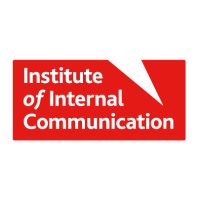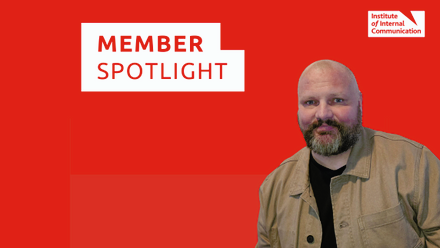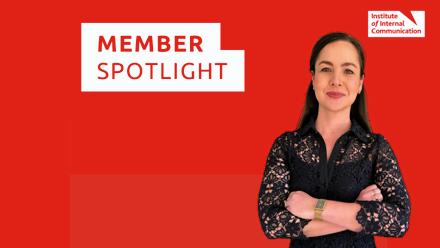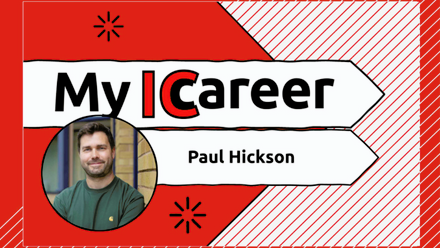
How did you end up working in internal comms?
Before working in the industry, I worked in property and facilities management. A conversation with my mentor about how communications can shape an operation piqued my interest.
That was the first time I had heard about internal communication as a speciality. Outside work, I enjoyed writing and delivering communication-related work with a local charity, which led me to investigate internal communication more. In 2011, I qualified and joined the Institute of Internal Communication. I have not looked back since.
Why did you choose to pursue a Fellowship?
I have got a heart for the frontline worker. Having been one myself, I experienced first-hand the challenges of one-size-fits-all communication shared in team meetings or picked up by word of mouth. Often, the information provided gave no thought to frontline challenges. It did not speak to me and required reshaping to make it easier for my team to digest and act on.
I feel my lived experience can help others communicate with frontline teams. Being a Fellow will enable me to support new communicators trying to reach their frontline effectively.
What has your career in internal comms taught you?
You are in a prime position to see things from different perspectives. It is the communicator who has the best audience reach in an organisation. Coupled with the data we collect and our inbuilt radar, we can help an organisation achieve connection through effective communication. We can often provide the nugget of information that changes an outcome or ask the question that makes others think.
What advice would you give to internal communicators who are at the beginning of their careers?
Become a critical thinker. Critical thinking will be your best friend and will help you deliver communications that achieve positive outcomes. The workplace is more diverse than it has ever been. You must take the time to train yourself to communicate mindfully and without bias. Critical thinking helps you to think with intent. Helpful tip – there are some excellent short courses on LinkedIn Learning!






